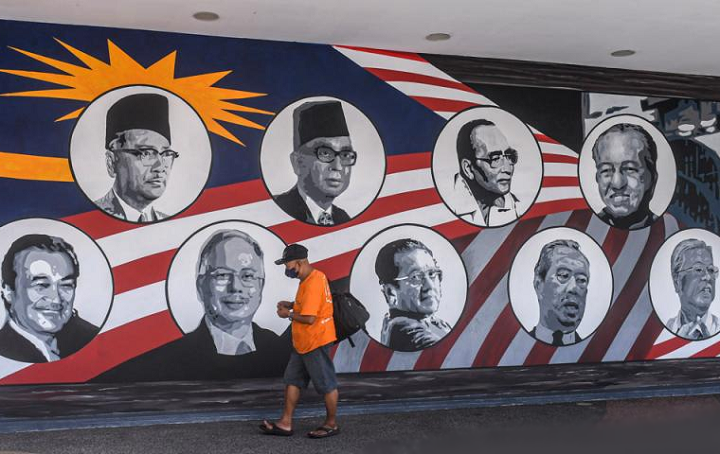Renowned Malaysian politician, Tan Sri Lim Kit Siang, recently stirred debate by asserting that the Malaysian Federal Constitution does not prohibit a non-Malay from assuming the role of Prime Minister. Despite accusations of provocation, Kit Siang emphasized that the constitution fosters unity and is not meant to be divisive. He contends that Malaysians, especially the Malay community, should recognize the absence of a constitutional mandate restricting the Prime Minister’s position to the Malay race.
Comment:
While convention suggests the Prime Minister should be Malay, it lacks legal binding. This tradition extends to the gender aspect, where, by convention, the Prime Minister has typically been male. Such practices stem from the habit of a nation-state aligning its leader with the majority race. Even in the democratic United States, it took over 200 years to elect a black president, highlighting the persistence of such norms.
In navigating these debates, Islam provides clarity. Islam mandates that a Head of State (Khalifah) must be Muslim, transcending racial considerations. This requirement is rooted in verses emphasizing the elevation of believers over disbelievers. For example, Allah (swt) said:
[وَلَنْ يَجْعَلَ اللَّهُ لِلْكَافِرِينَ عَلَى الْمُؤْمِنِينَ سَبِيلًا]
“Allah will never give way to the disbelievers ways to dominate the believers” [An-Nisa’ 4: 141].
Additionally, Islam mandates specific qualities for a Head of State, including being male, of sound judgment, fairness, independence, and capability.
In essence, Islam dictates that the Head of State must be Muslim, irrespective of race, while non-Muslims are ineligible (haram) for this position. This religious criterion sharply contrasts with democratic principles.
In a democracy, individuals of diverse backgrounds can assume leadership roles based on majority consent. Democracy not only allows non-Muslims, but also women, immoral people, LGBTQ++ or even atheists to be a Head of State. If the majority agrees to appoint a non-Muslim, a woman or a sinner as the Head of State, then it is valid according to democracy.
Ultimately, the efficacy of leadership, regardless of race or religion, lies in adherence to Islamic principles. Merely being a Malay-Muslim Prime Minister is insufficient if Al-Quran and As-Sunnah are not integral to governance. Leaders, regardless of race, must be evaluated on their commitment to Islamic values, transcending the divisive lens of race or religion.
In self-reflection, one must question what leadership qualities have contributed to the nation’s challenges. What race of leaders have been allowing liquor factories and gambling centers to operate in Malaysia? What is the race of leaders who have ‘closed one eye’ upon immoral activities in this country? What race of leaders have defended the interest banking system? Rather than focusing on the race of leaders, attention should shift towards their dedication to Islam and the application of its principles in governance. This, Islam insists, should be the ultimate yardstick for assessing leadership.
Dr. Mohammad – Malaysia

